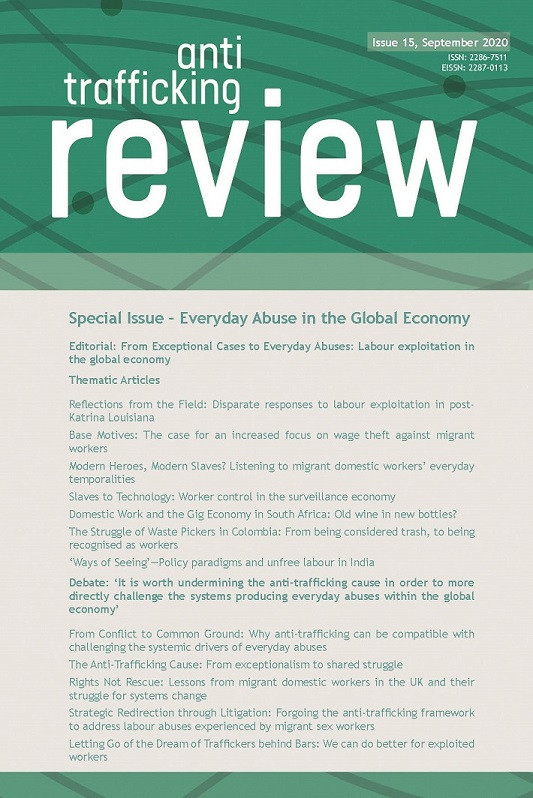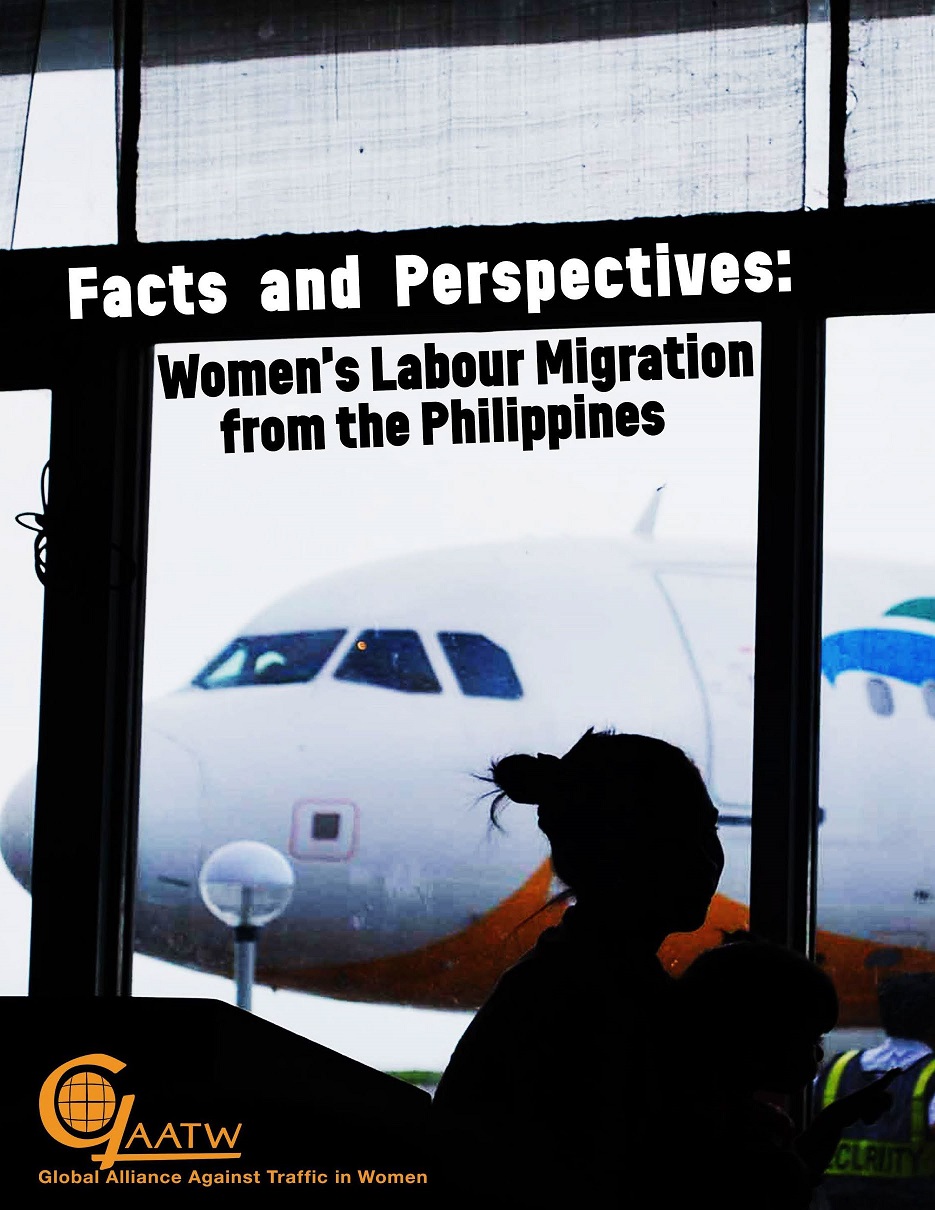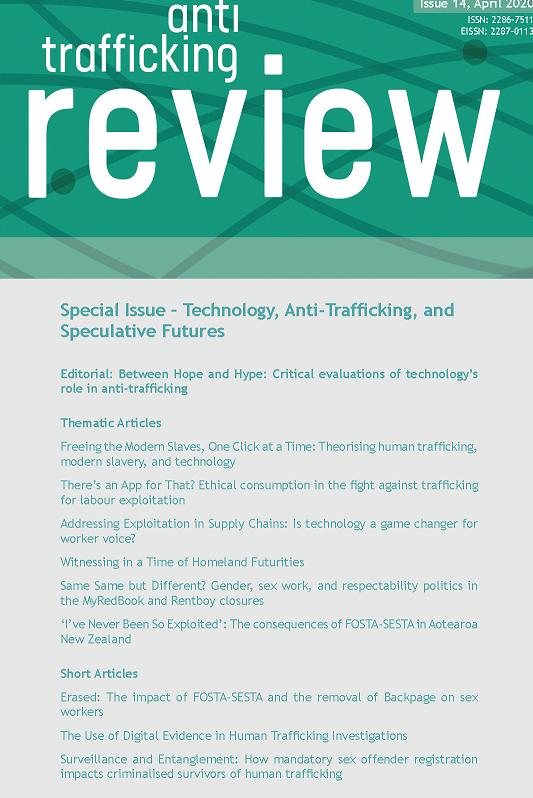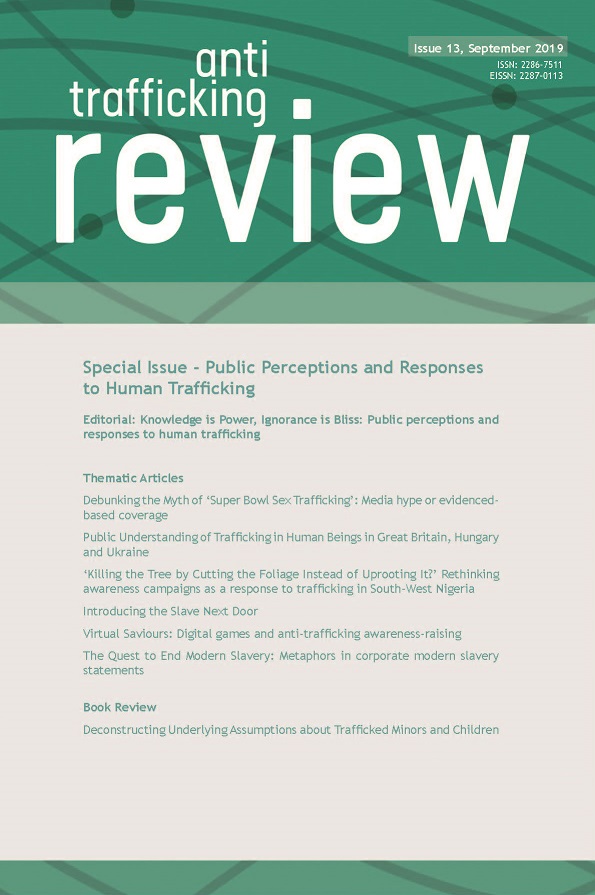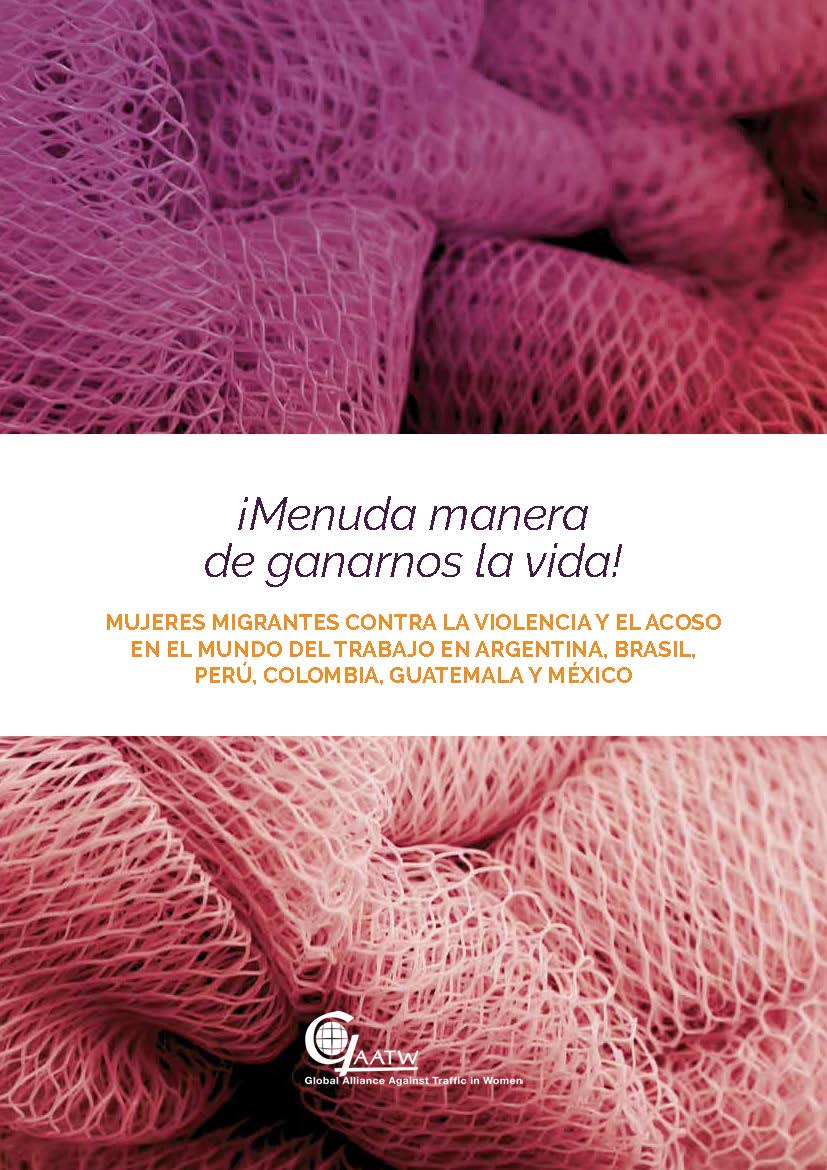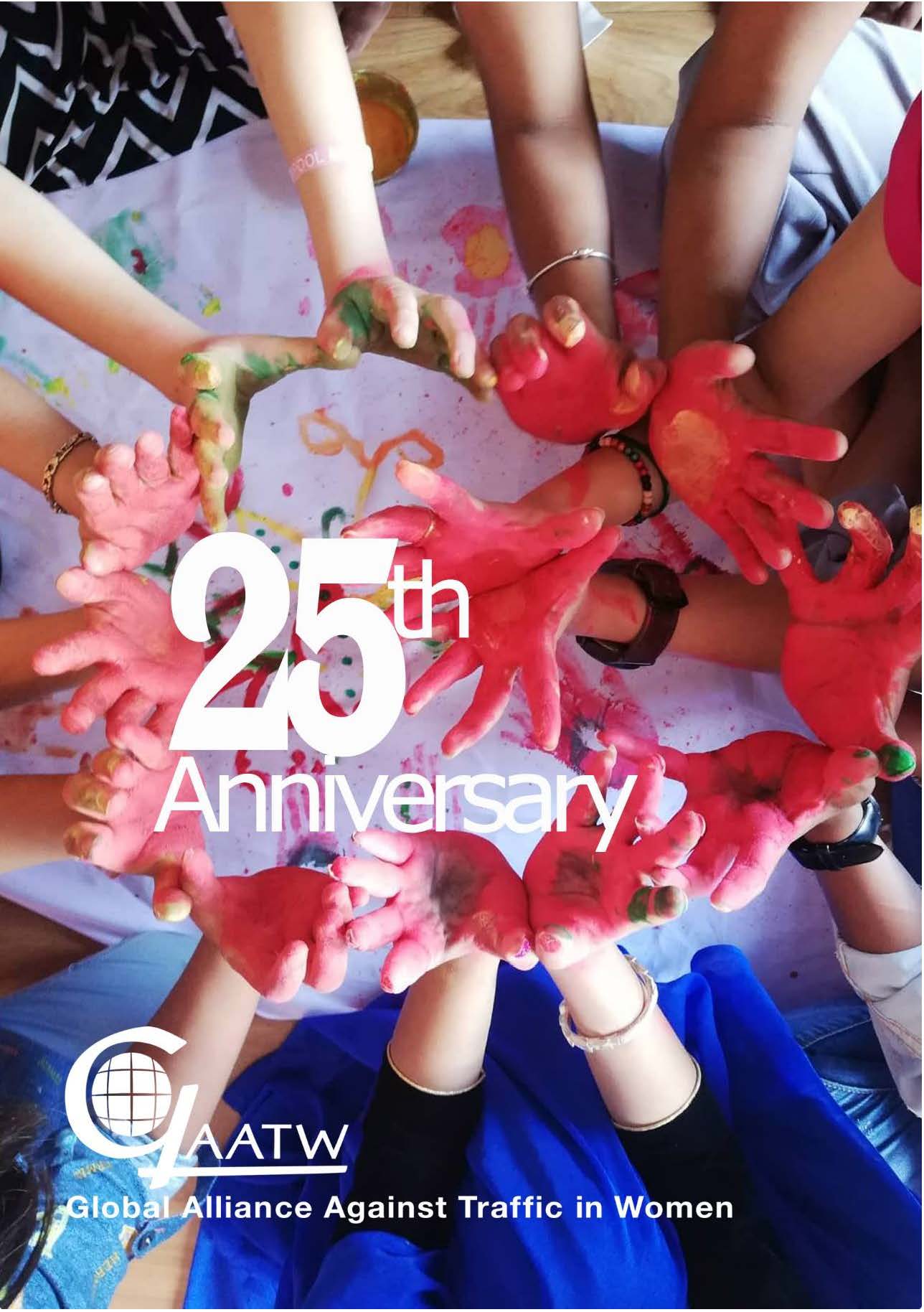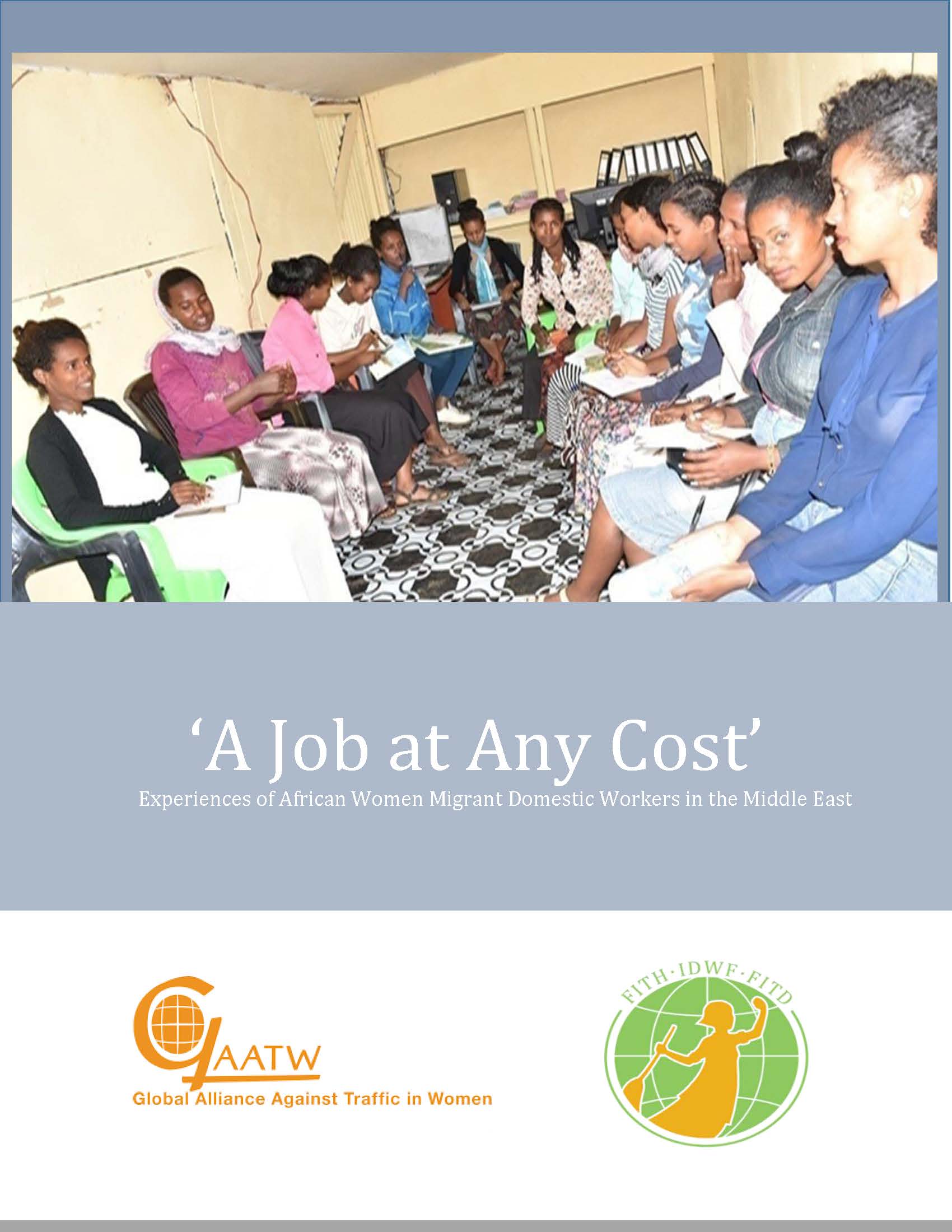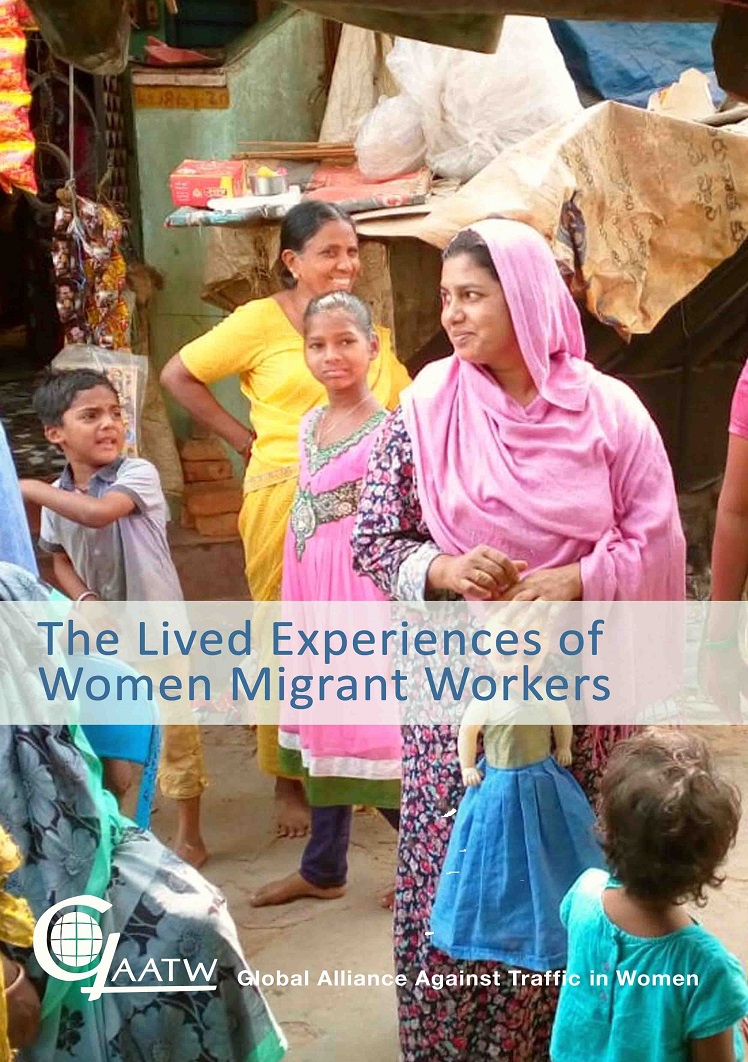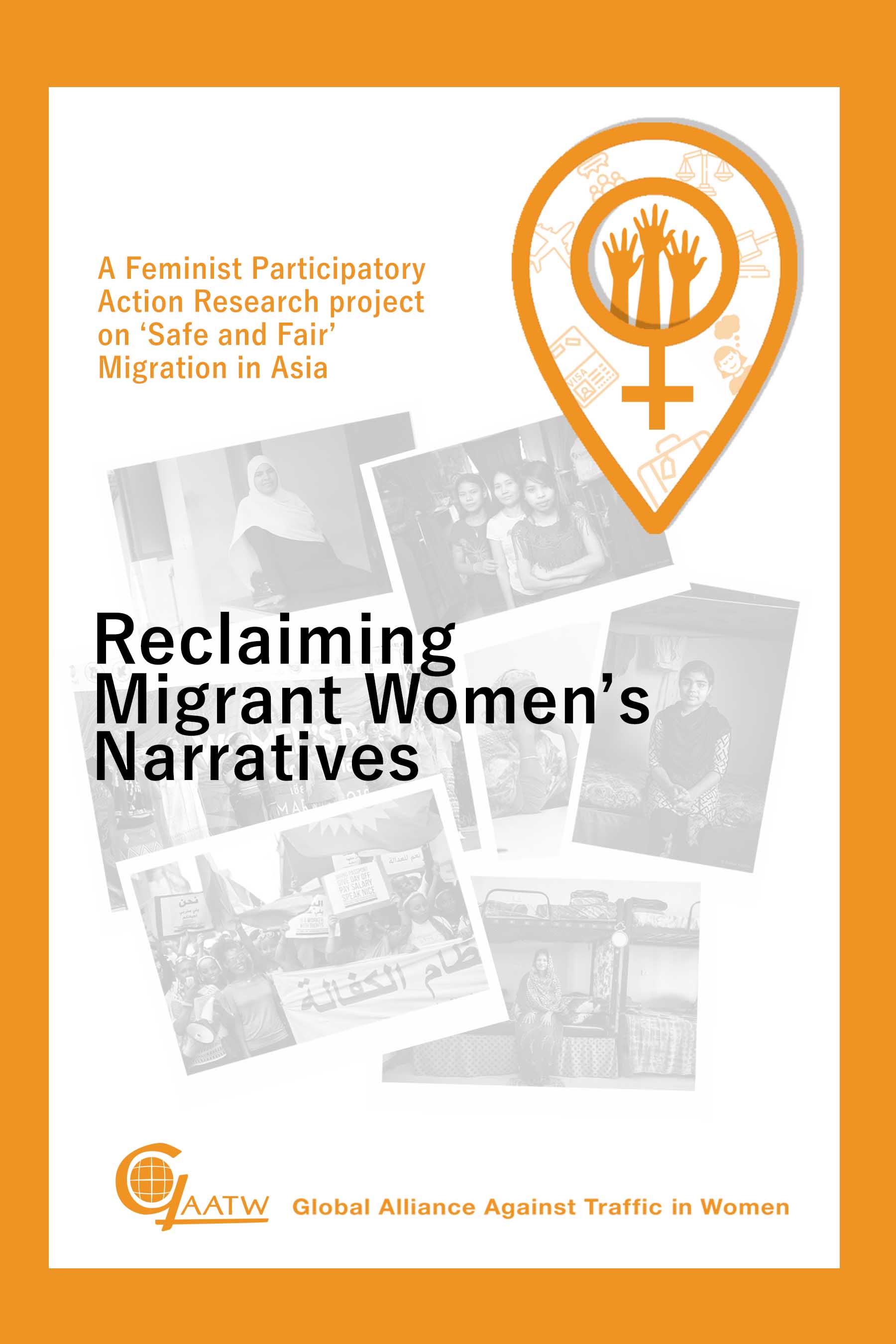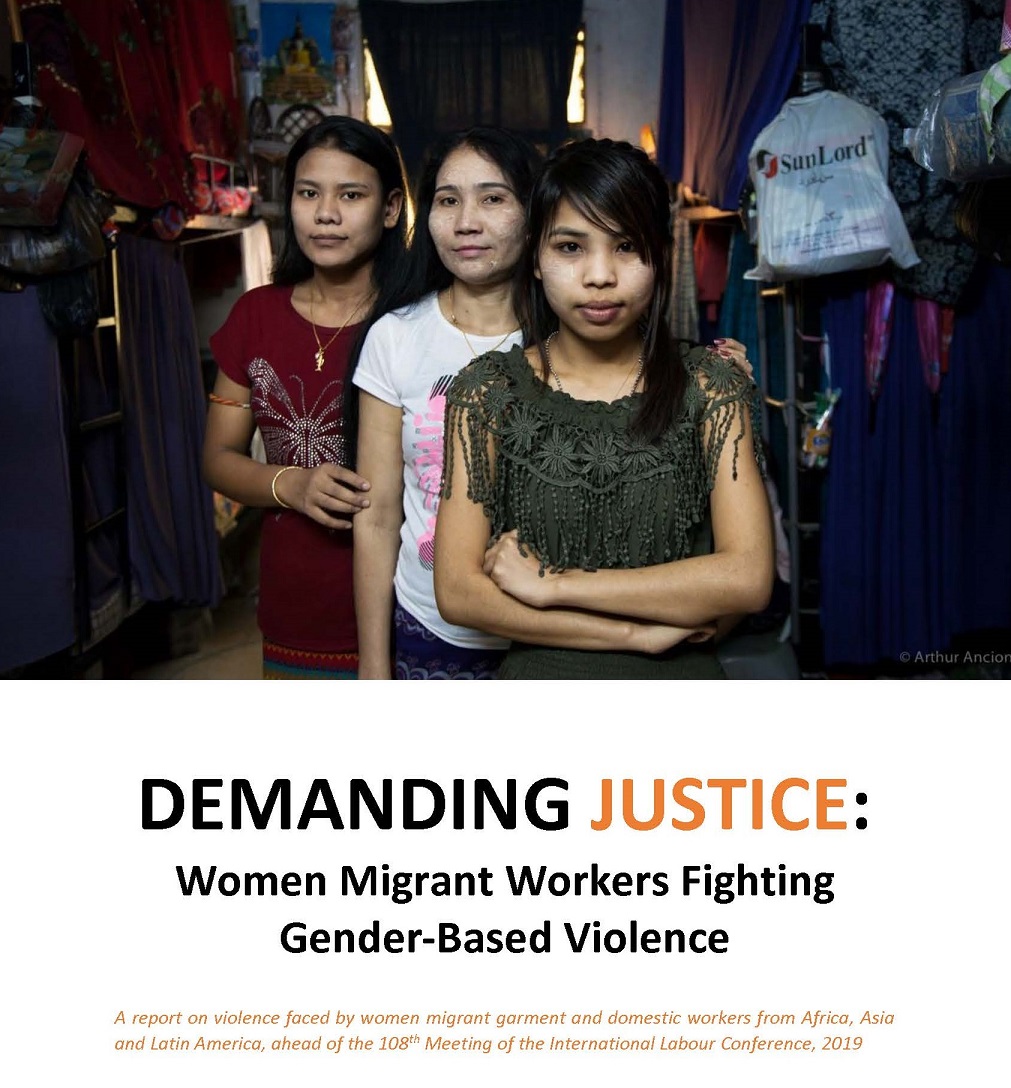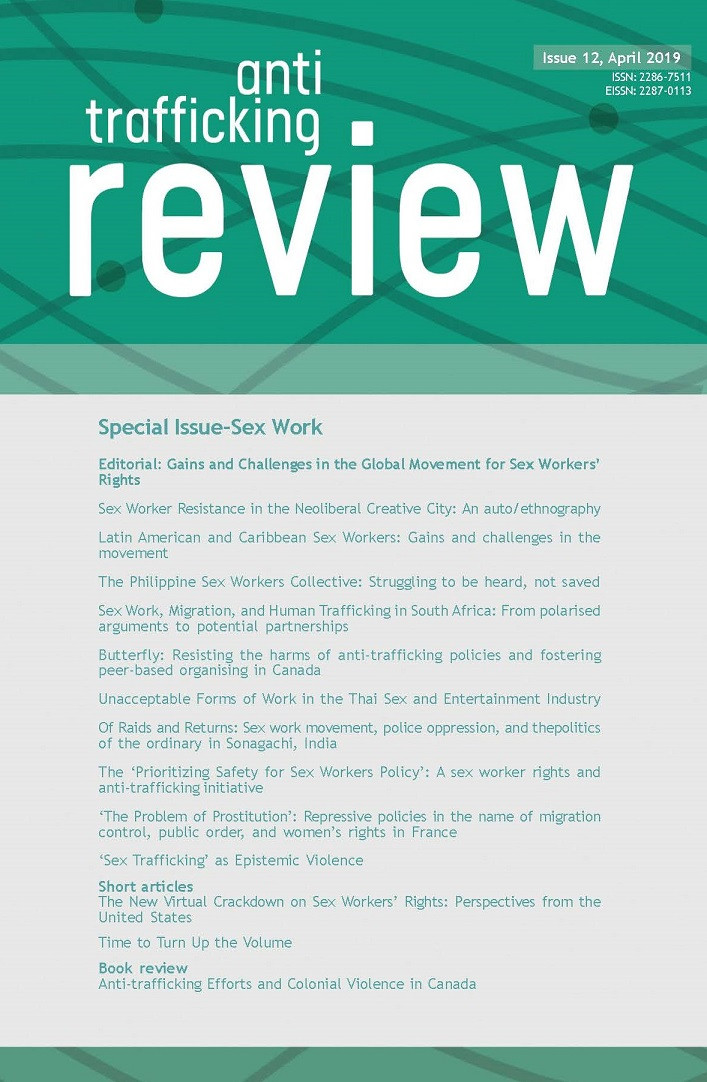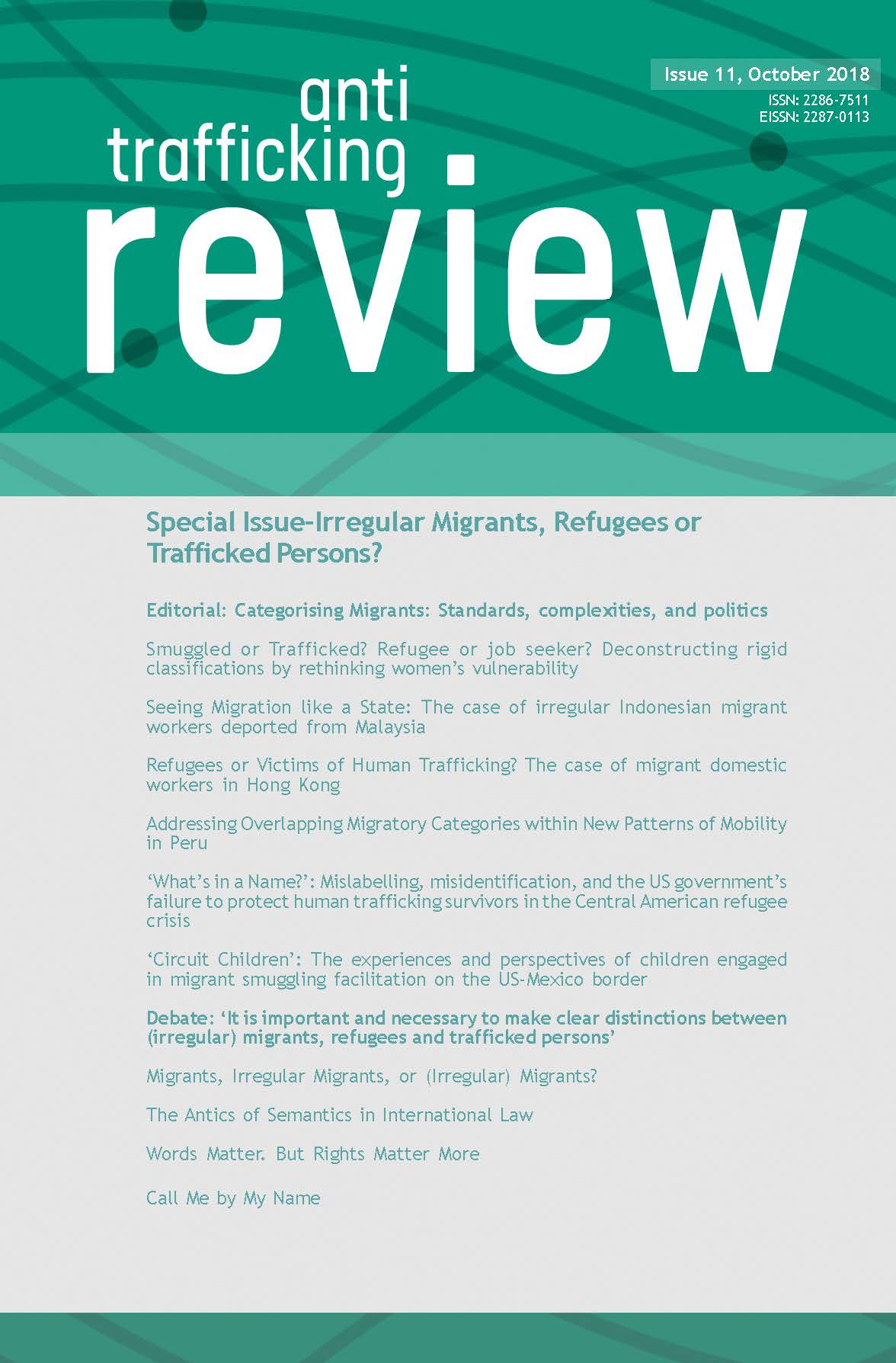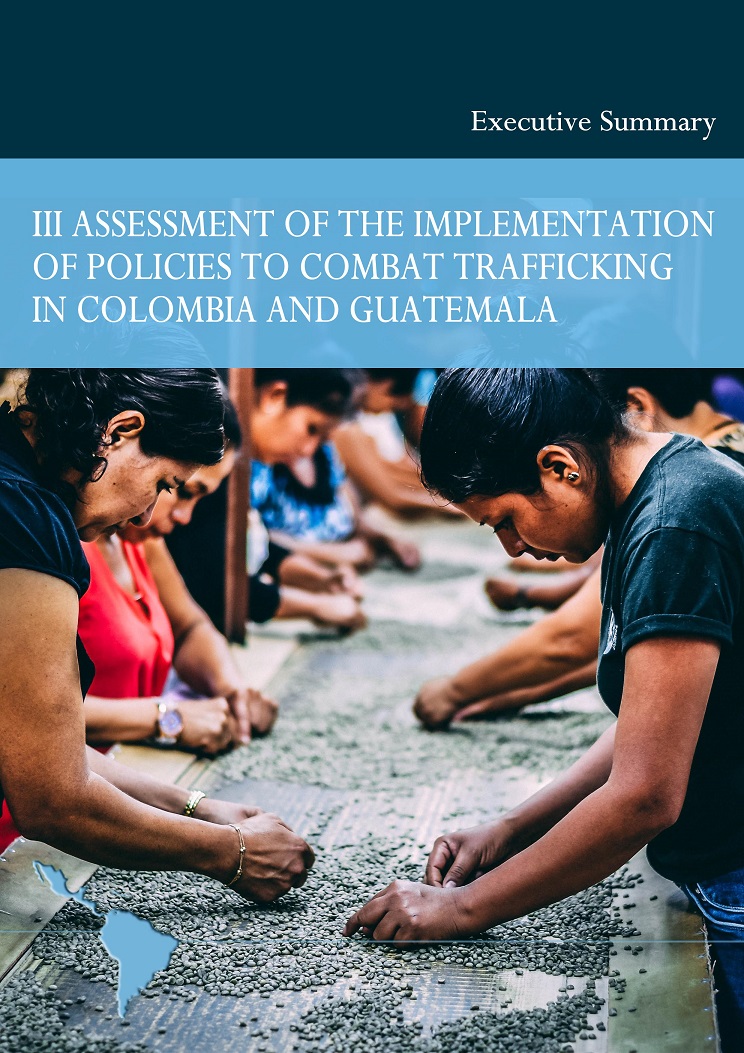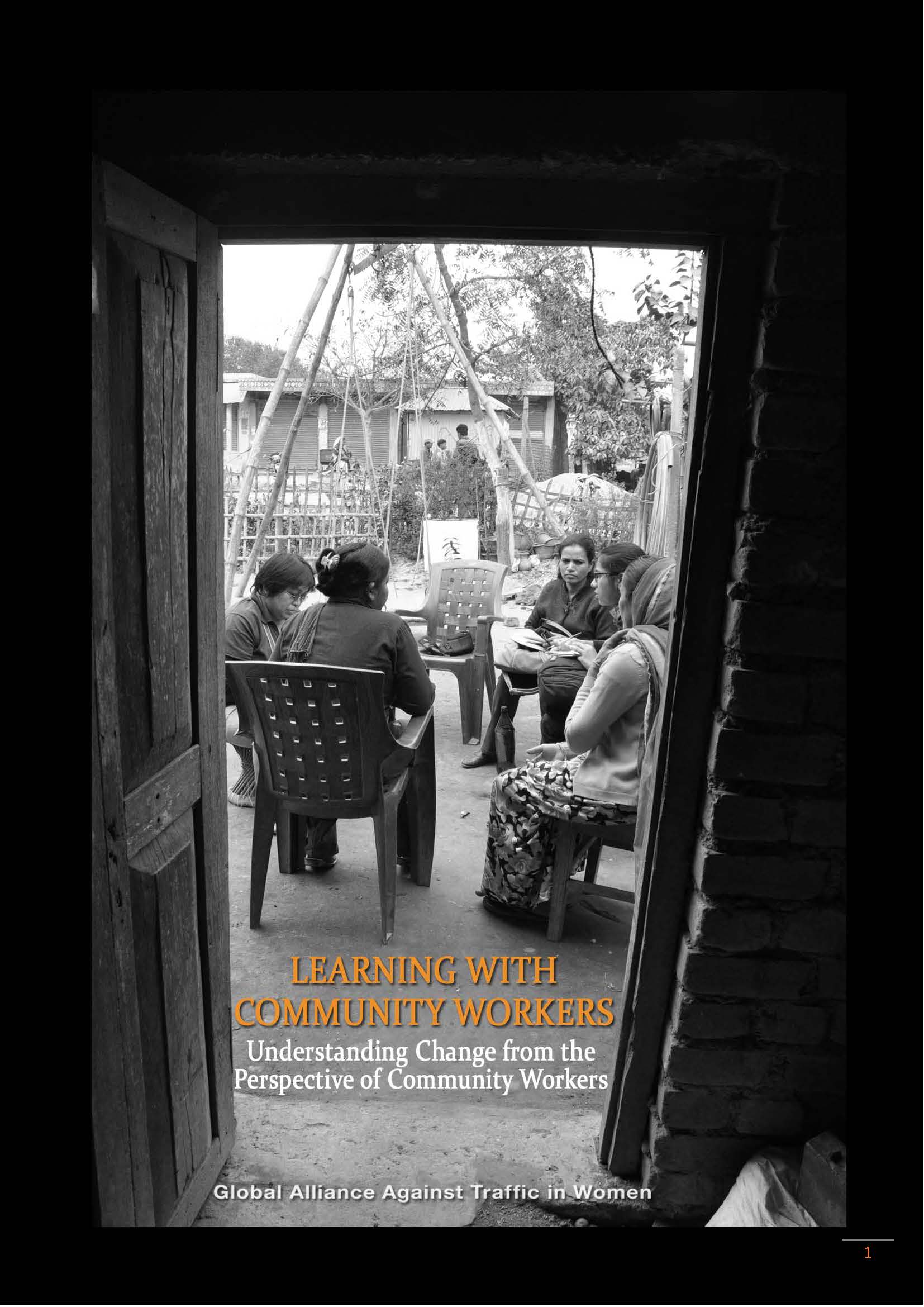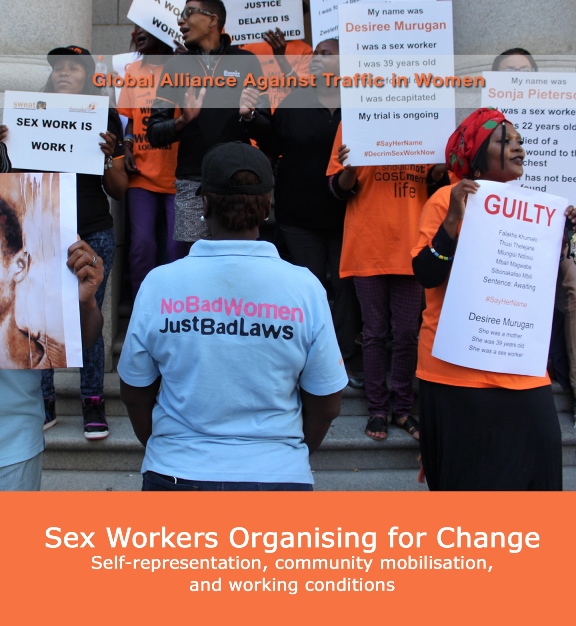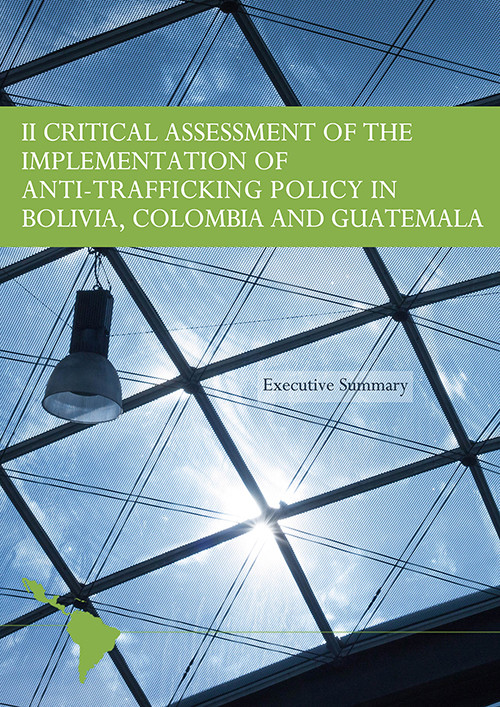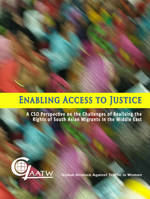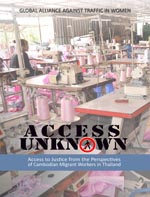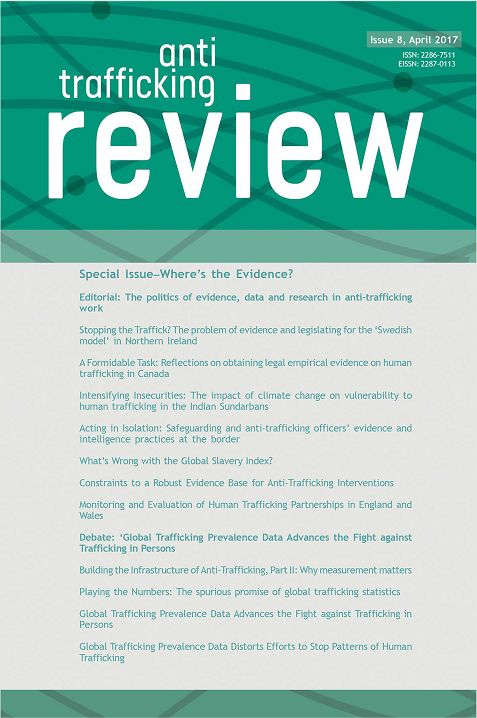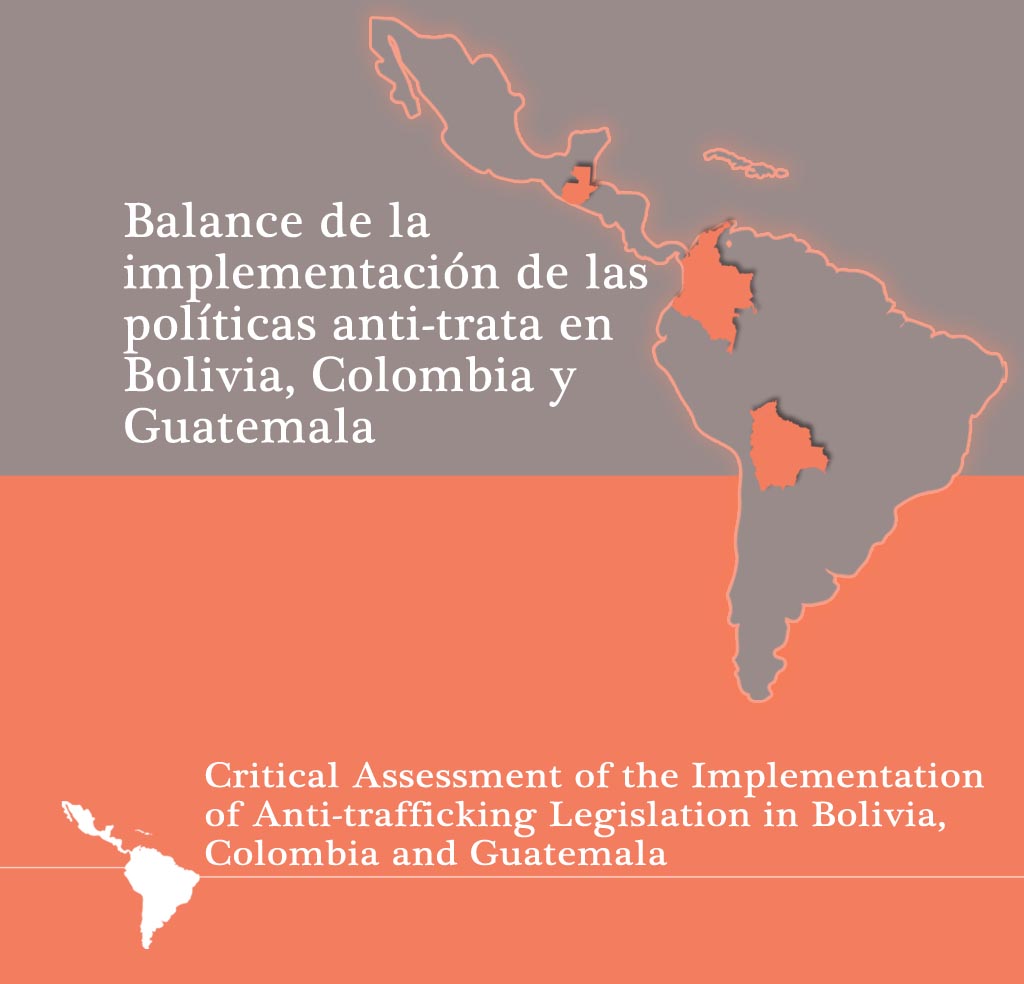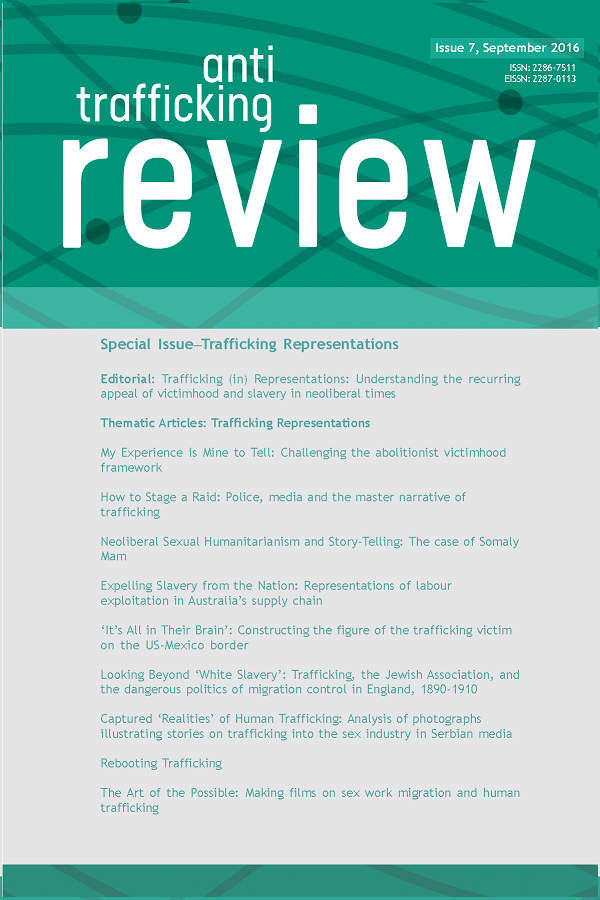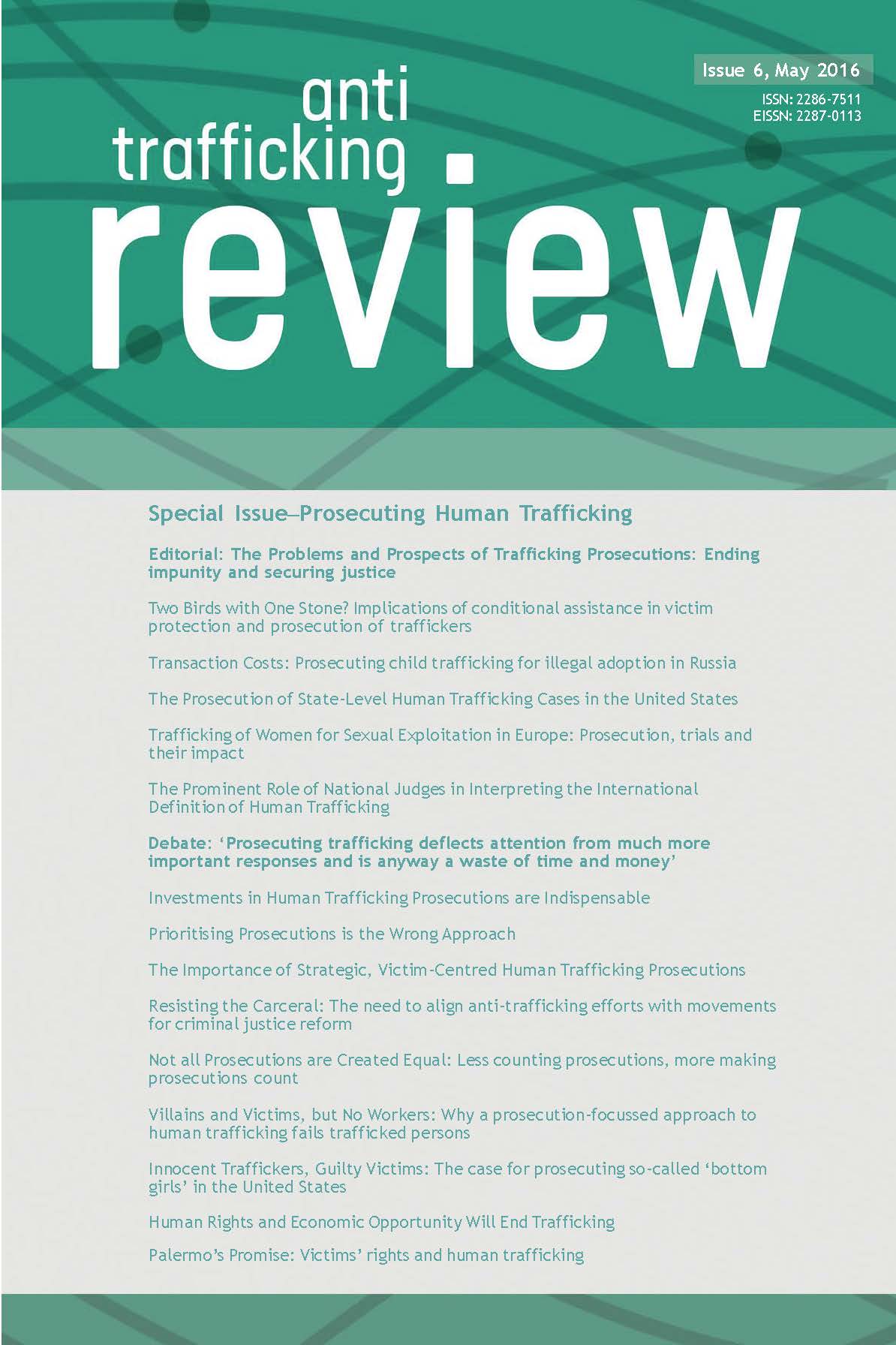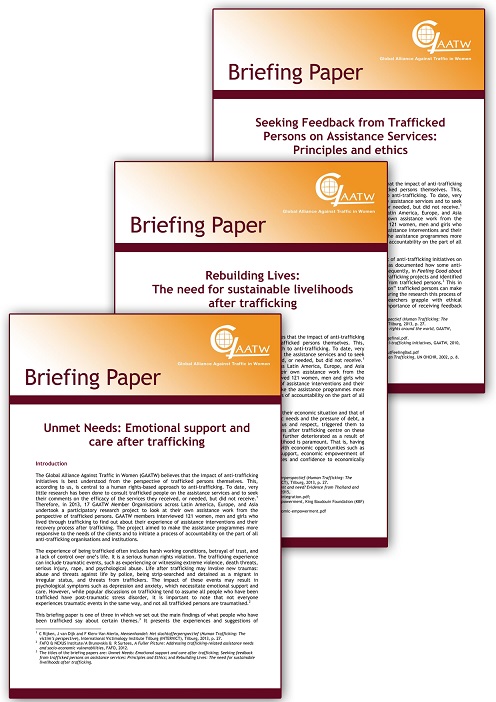10 years on from the ASEAN Declaration Against Trafficking in Persons: Civil Society expects progress in the forthcoming ASEAN Convention on Trafficking in Persons
Joint NGO Statement
18 December 2014
Ten years ago, ASEAN Member States adopted the ASEAN Declaration Against Trafficking in Persons Particularly Women and Children. After several years of work, Member States are expected to complete the first reading of the draft ASEAN Convention on Trafficking in Persons (ACTIP) by the end of this year. The Global Alliance Against Traffic in Women (GAATW), Legal Resources Center (LRC-KJHAM) Indonesia, and Legal Support for Children and Women (LSCW), Cambodia, call on ASEAN Member States to ensure that the new Convention situates trafficking in the context of measures to enable individuals to be able to migrate safely and undertake decent work in the country of destination. These are some of the issues that need to be fully addressed in the draft:
- No roll back on agreed standards: The ACTIP must not roll back States' obligations under existing international law on trafficking in persons. Eight of the 10 ASEAN Member States are party to the Protocol to Prevent, Suppress and Punish Trafficking in Persons Especially Women and Children, supplementing the United Nations Convention against Transnational Organized Crime, the international law on the issue. The ACTIP should reaffirm States' existing commitments to address trafficking in persons and human rights under the international instruments to which ASEAN Member States are parties.
- The human rights framework: The human rights of trafficked persons must be at the centre of the ACTIP and all efforts to prevent and end trafficking and to protect, assist and provide redress to trafficked persons. This includes ensuring that anti-trafficking measures do not adversely affect the human rights of trafficked persons, or of migrants, internally displaced persons, refugees and asylum-seekers.
- An inclusive definition of trafficking in persons: The definition used in the ACTIP must not abrogate the internationally agreed definition of trafficking in persons in the UN Trafficking in Persons Protocol. The definition must recognise that trafficking occurs in all labour sectors and that individuals of all genders can be trafficked. Whilst it must be inclusive, the definition of trafficking must be clear, specific and non-discriminatory, to avoid an expansion of anti-trafficking measures that have negative consequences for other migrants and workers.
- Protection of the rights of trafficked persons: It is not sufficient to seek to prevent trafficking and punish traffickers, States must protect the rights of trafficked persons. The ACTIP should address issues including: rapid and accurate victim identification procedures in collaboration with other relevant actors including support organisations, provision of an adequate reflection period with non-conditional support, no prosecution or detention of trafficked persons, adequate support for trafficked persons, and access to an effective remedy.
- Monitoring process: To ensure the ACTIP is being used to effectively prevent trafficking and to protect and assist trafficked persons with full respect for their human rights, ASEAN Member States need to include the establishment of and assured and adequate funding for an independent expert monitoring body in the ACTIP. Members of this body should have expertise on and draw from a broad evidence base on trafficking in persons, including a process for consideration of alternative reports from civil society. States should agree terms for comprehensive and transparent reporting on their implementation of the ACTIP and identification of technical assistance needs. The ACTIP should also endorse State Party to establish national monitoring mechanism on the anti-trafficking activities.
The process of the development of the Convention is as important as the inclusion of these issues in the draft ACTIP. This cannot be a closed process, but must be inclusive of civil society and of the individuals best able to advise on the needs of people who have been trafficked: trafficked persons themselves.
Background
ASEAN Member States adopted the ASEAN Declaration Against Trafficking in Persons Particularly Women and Children on 29 November 2004 in Vientiane, Lao People's Democratic Republic. We understand that States are currently finalise negotiations of the draft ASEAN Convention on Trafficking in Persons (ACTIP).
Of the 10 ASEAN states, Brunei Darussalam and Singapore have yet to join the other ASEAN states and ratify the UN Trafficking in Persons Protocol. We urge them to do so as soon as possible.



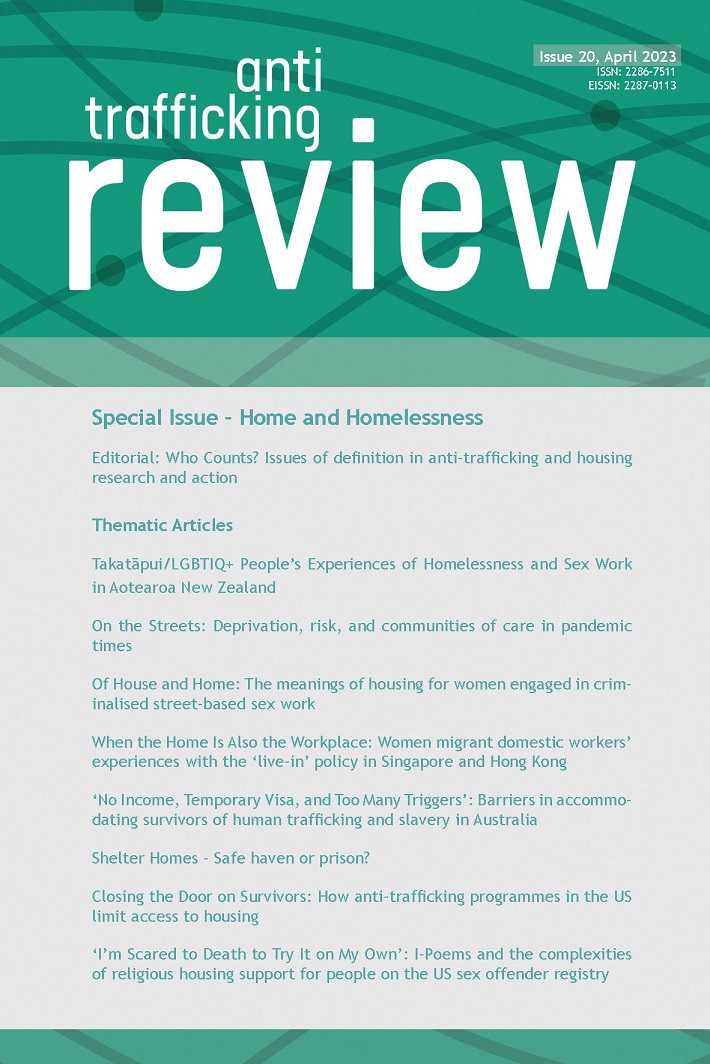
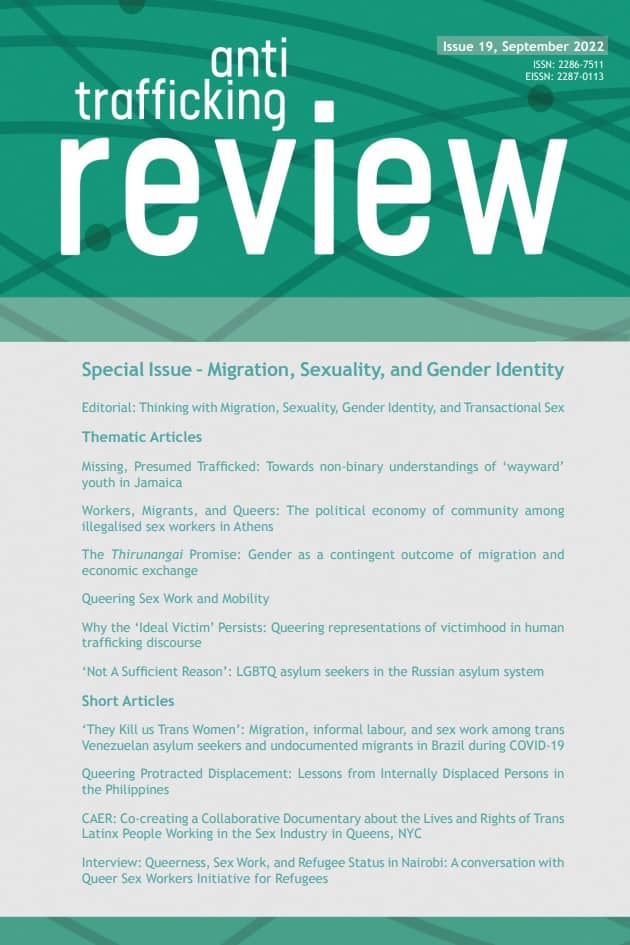
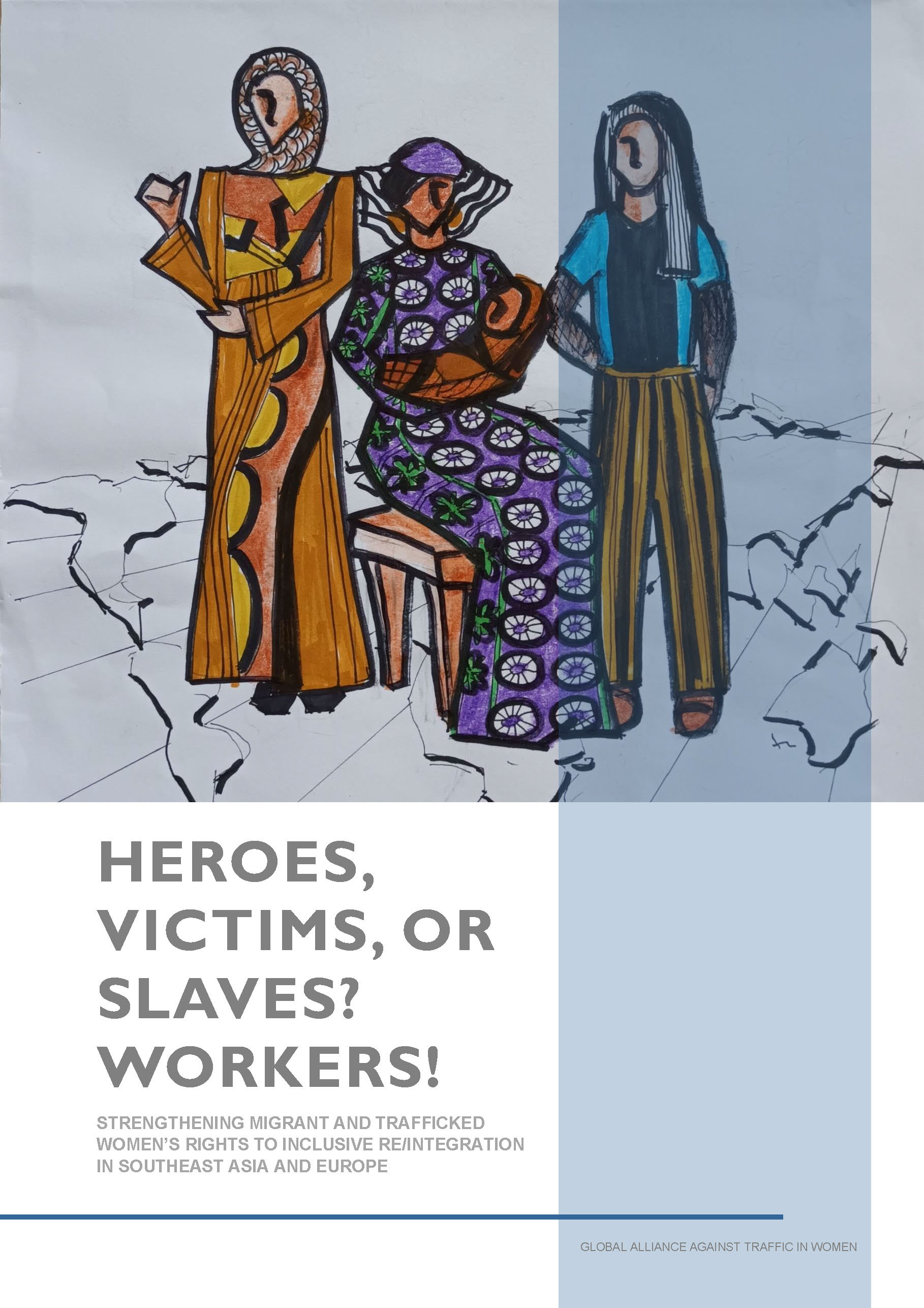
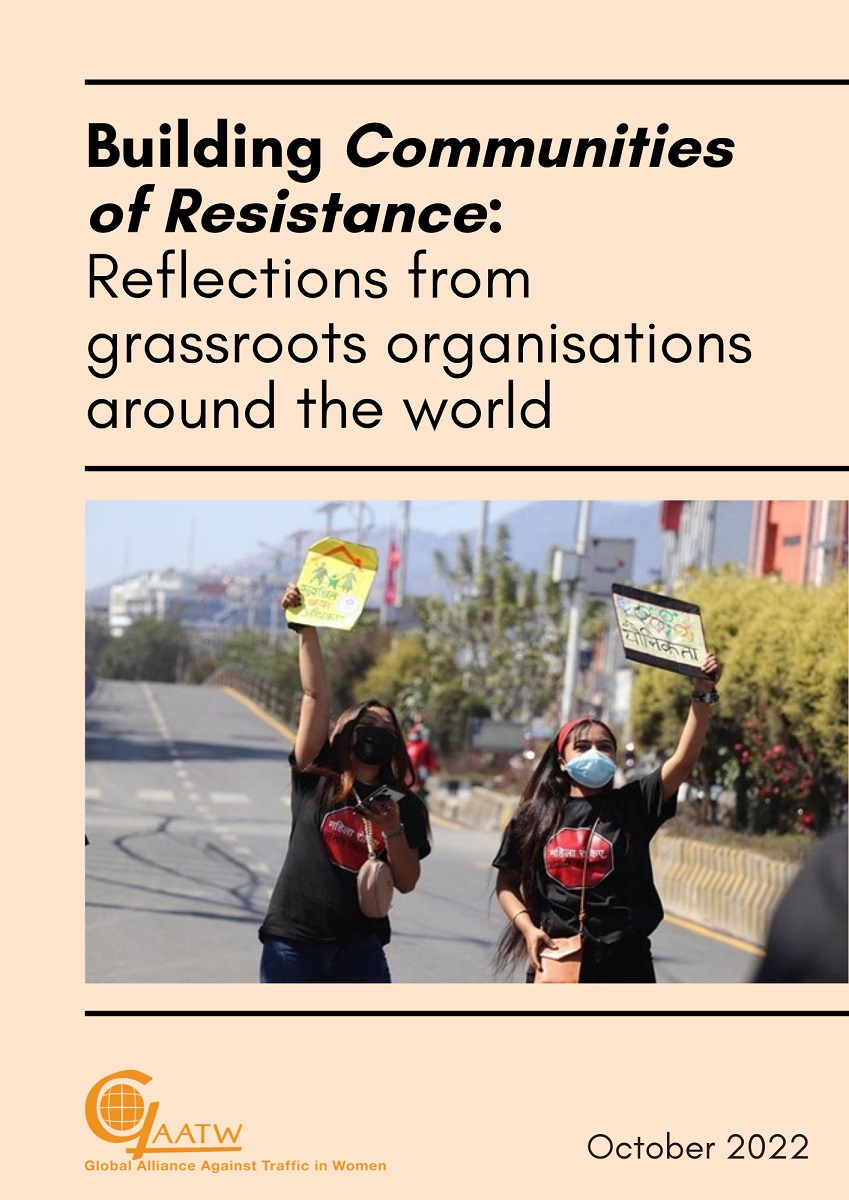
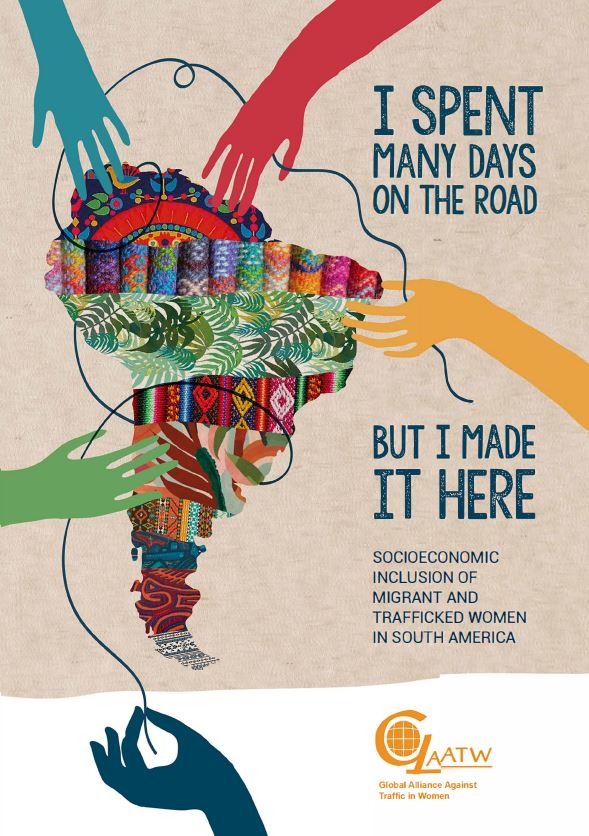
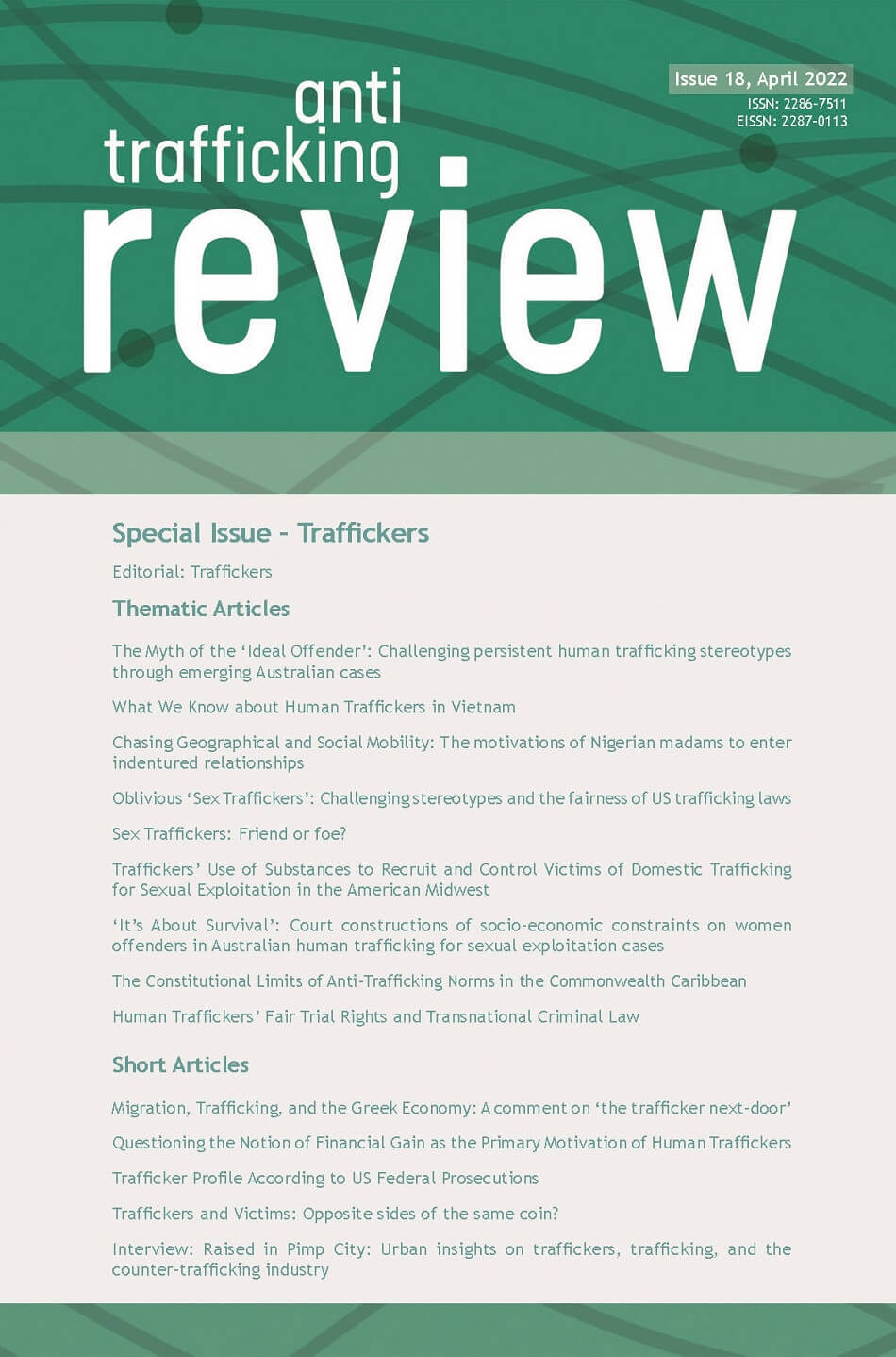
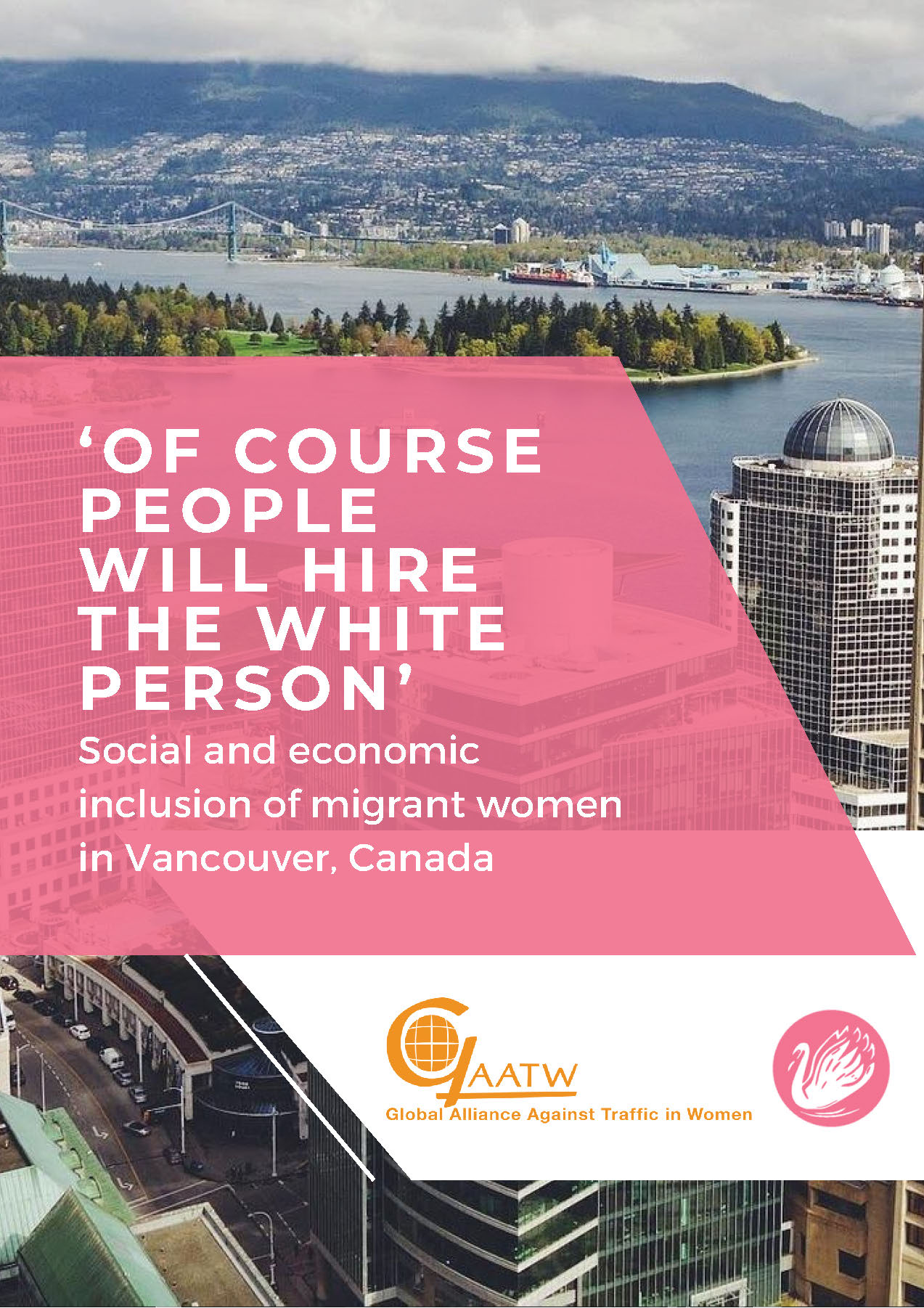
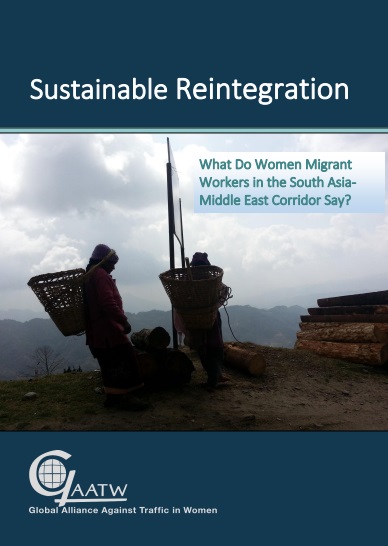
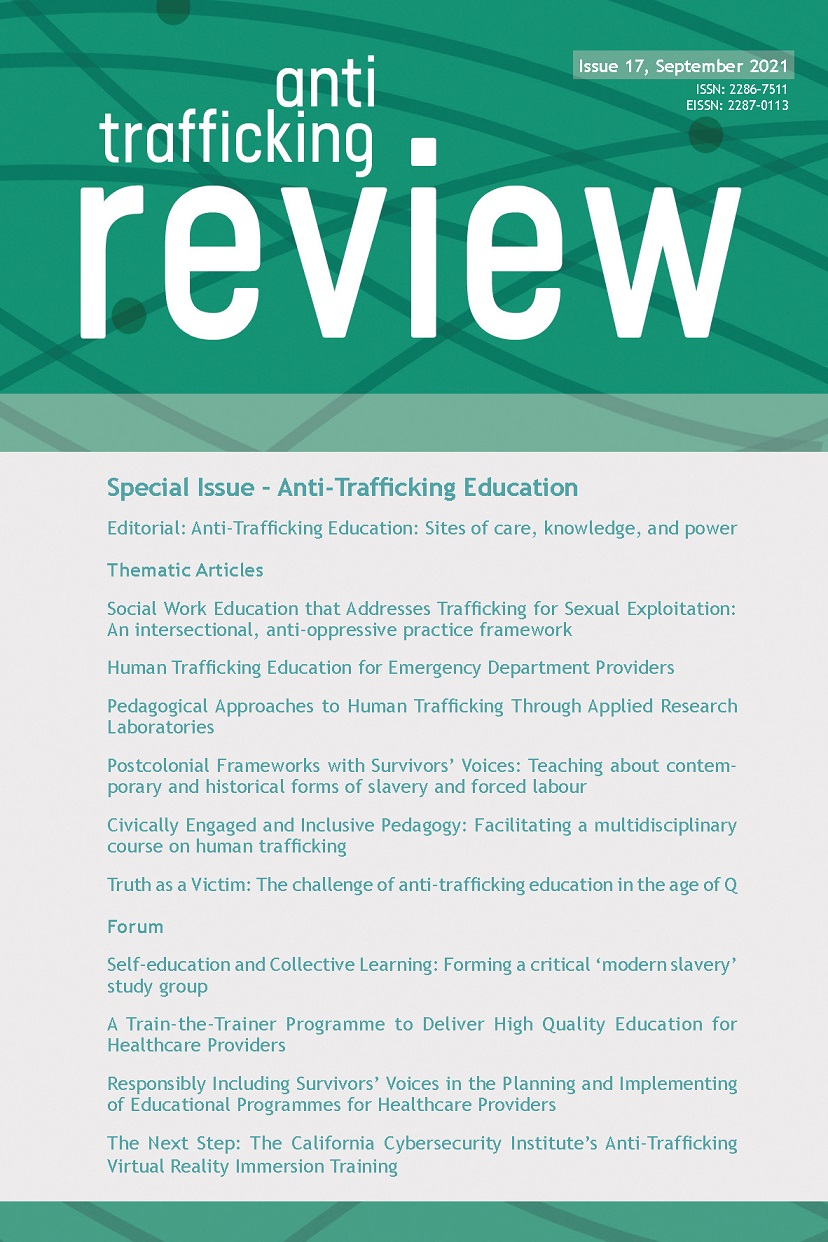
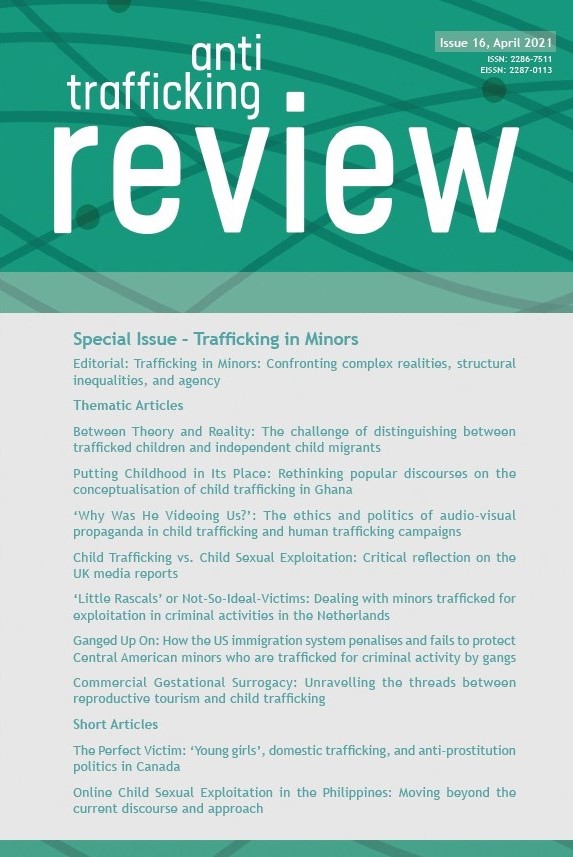
.pdf - Adobe Acrobat Pro 2_8_2021 4_36_32 PM.png)
